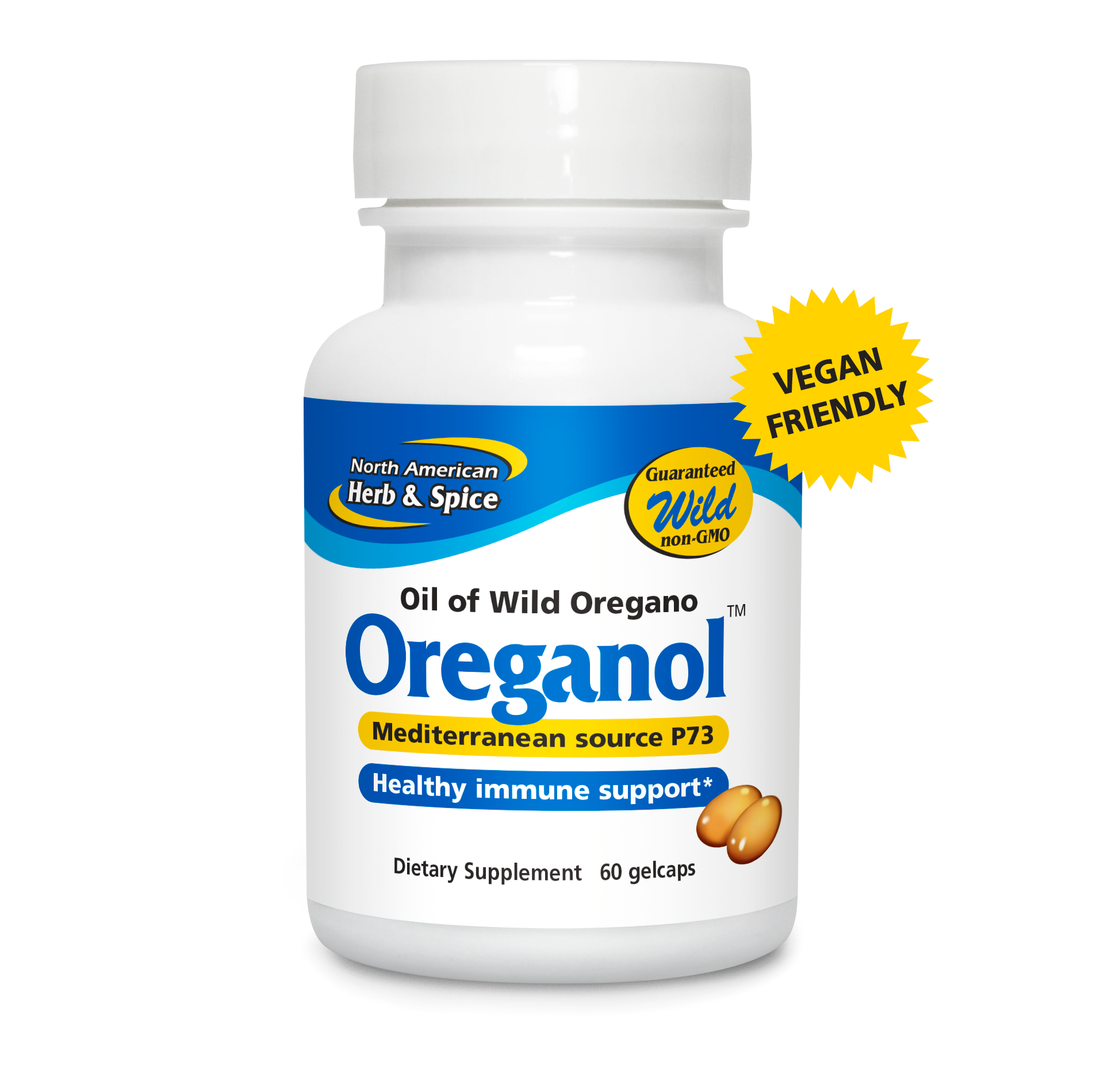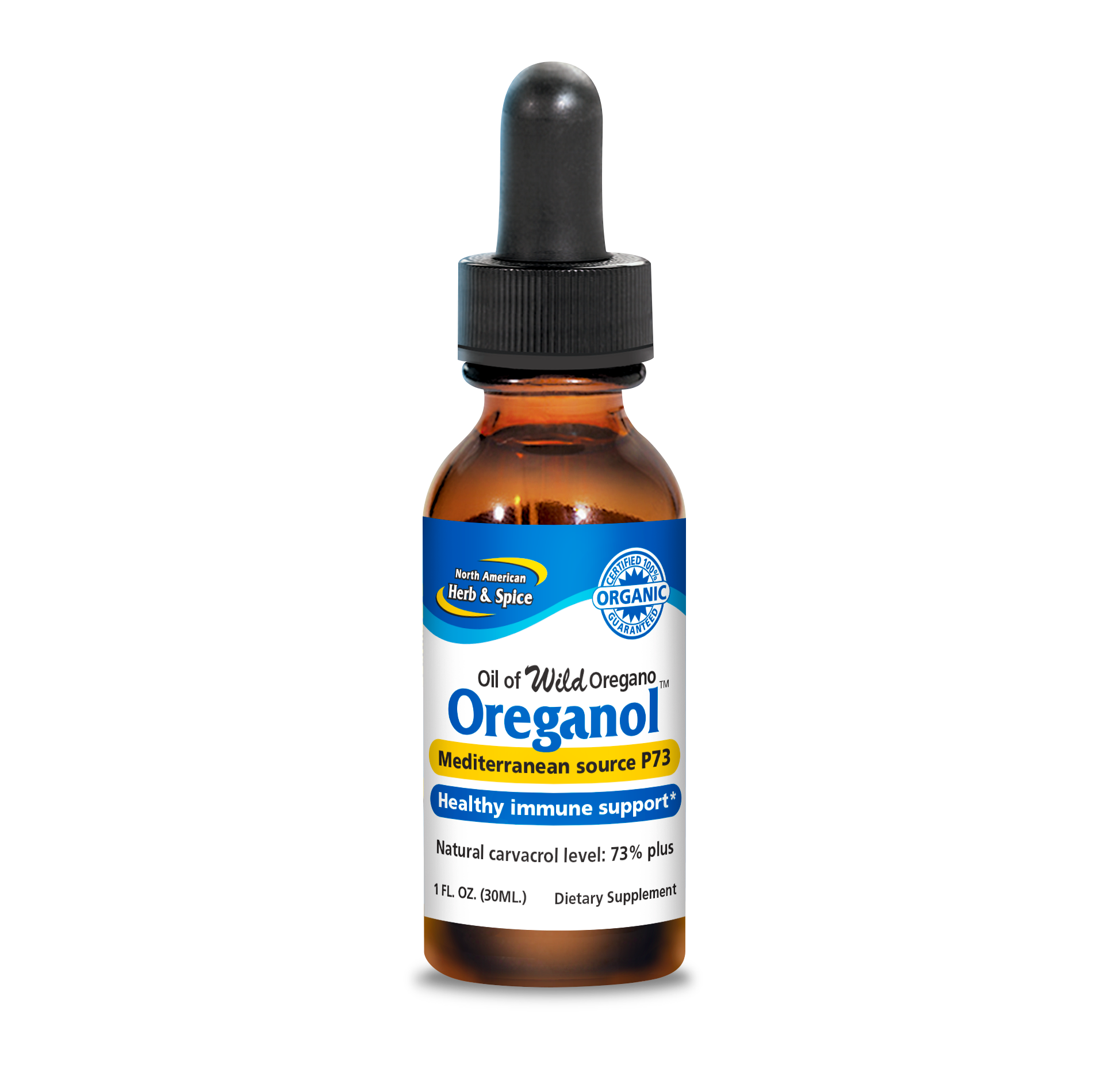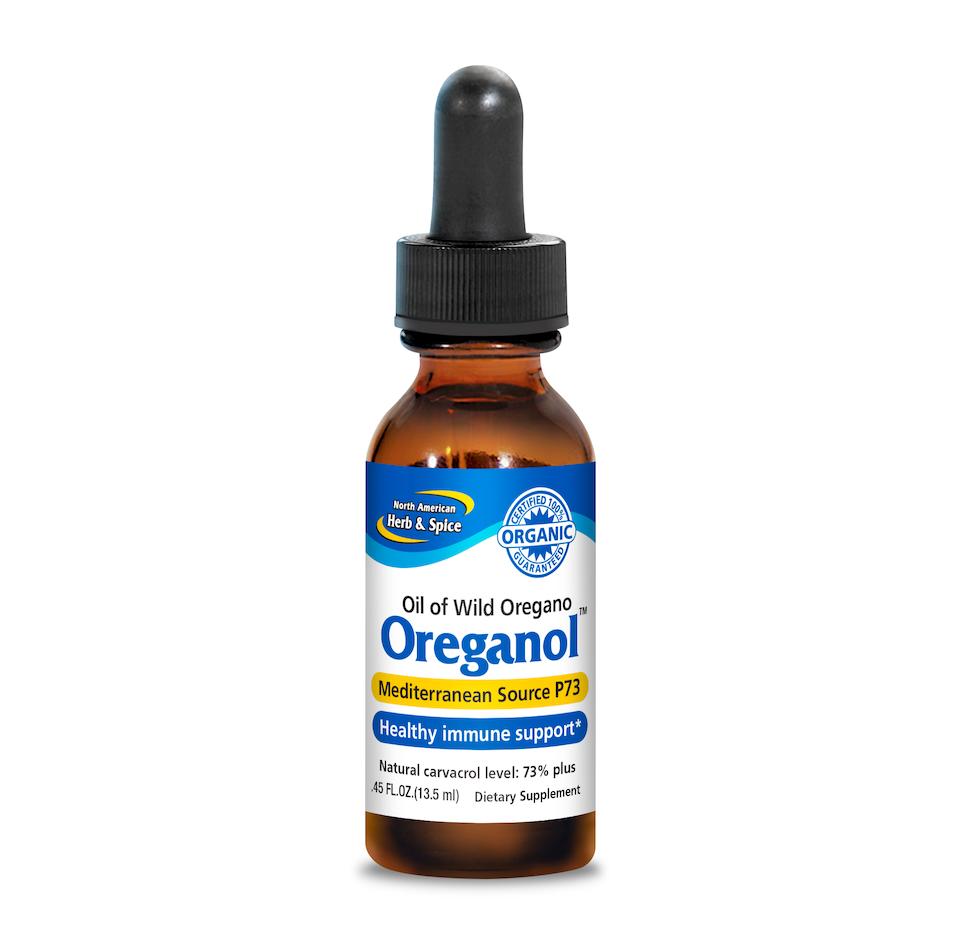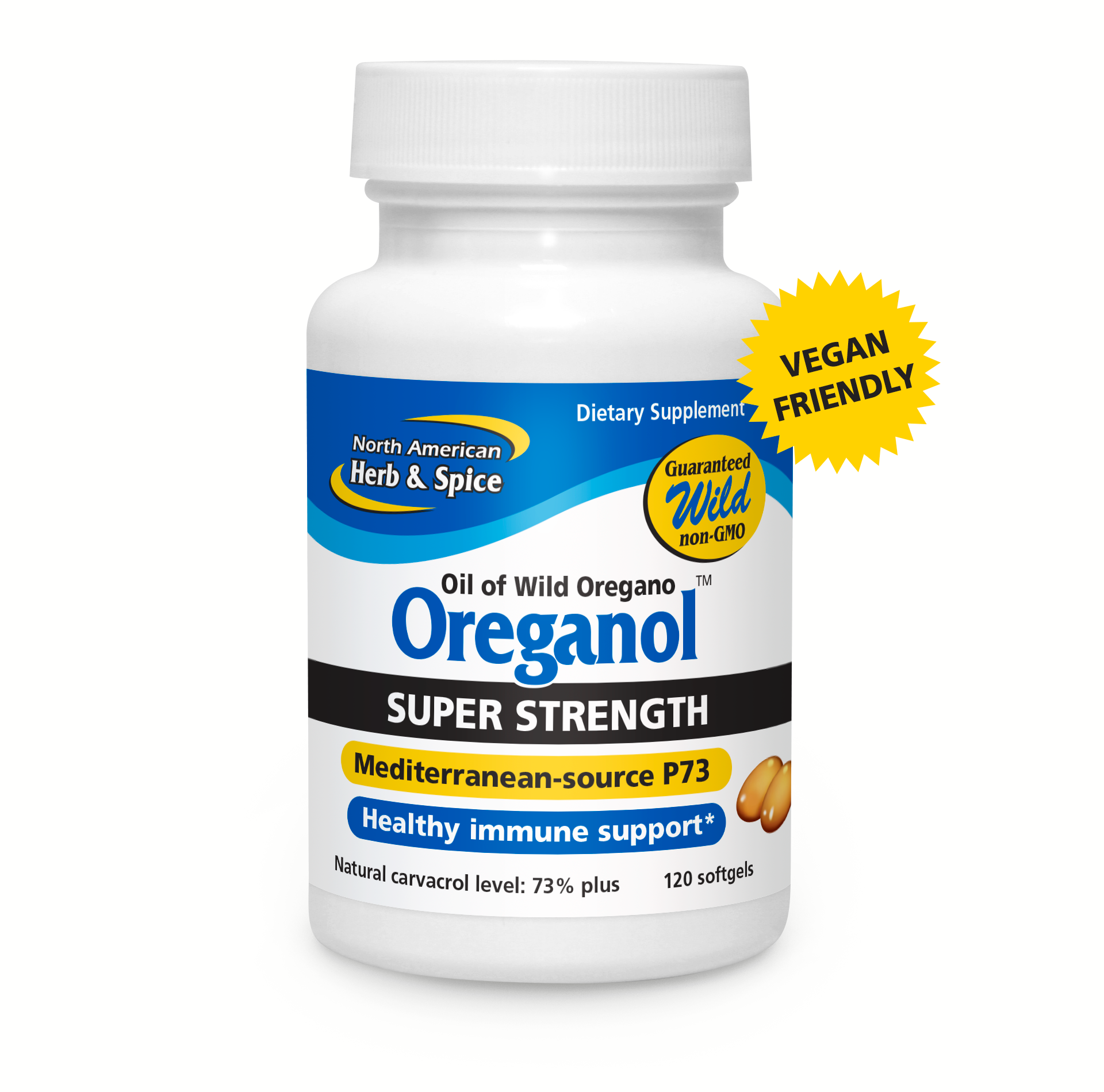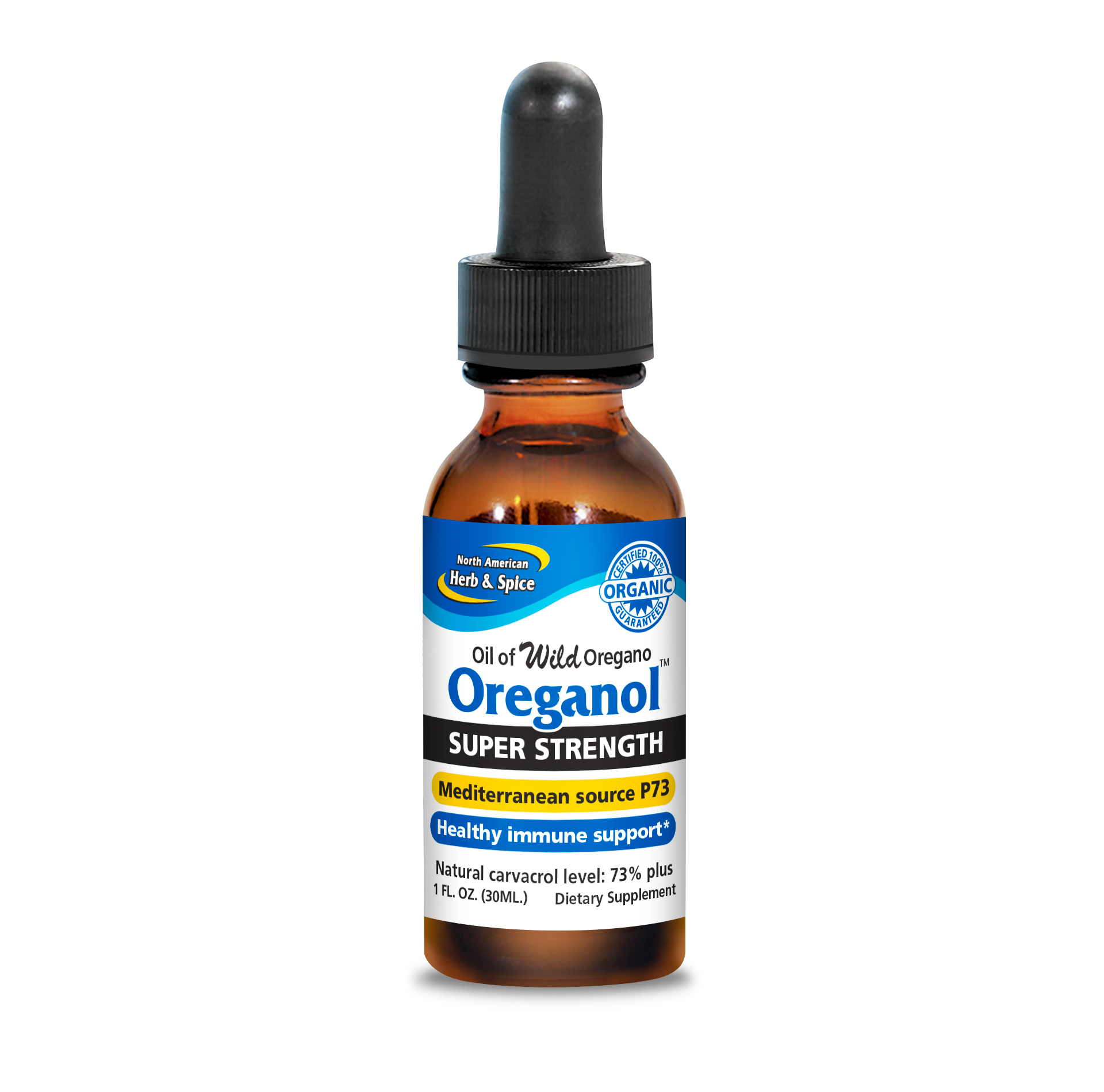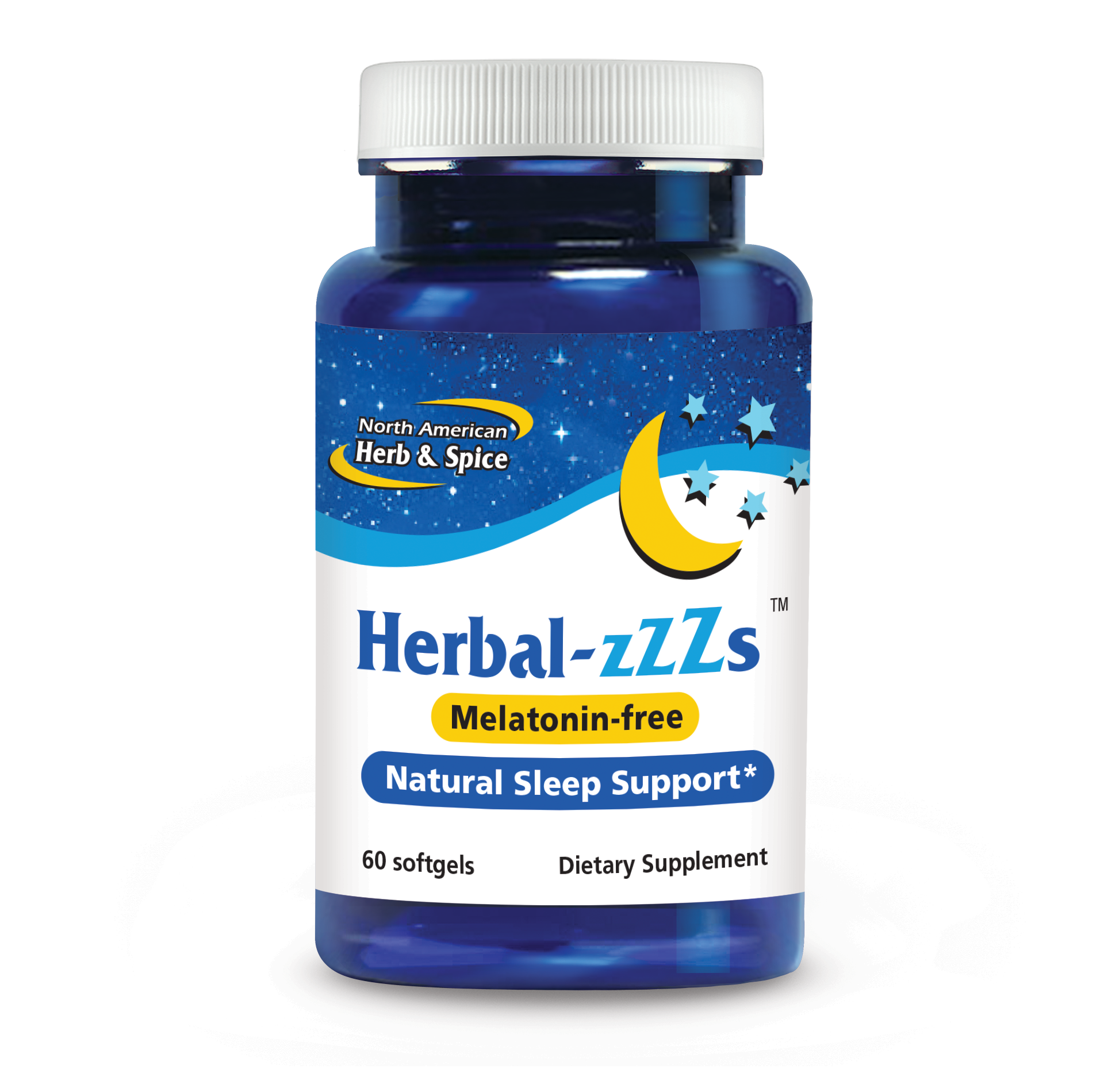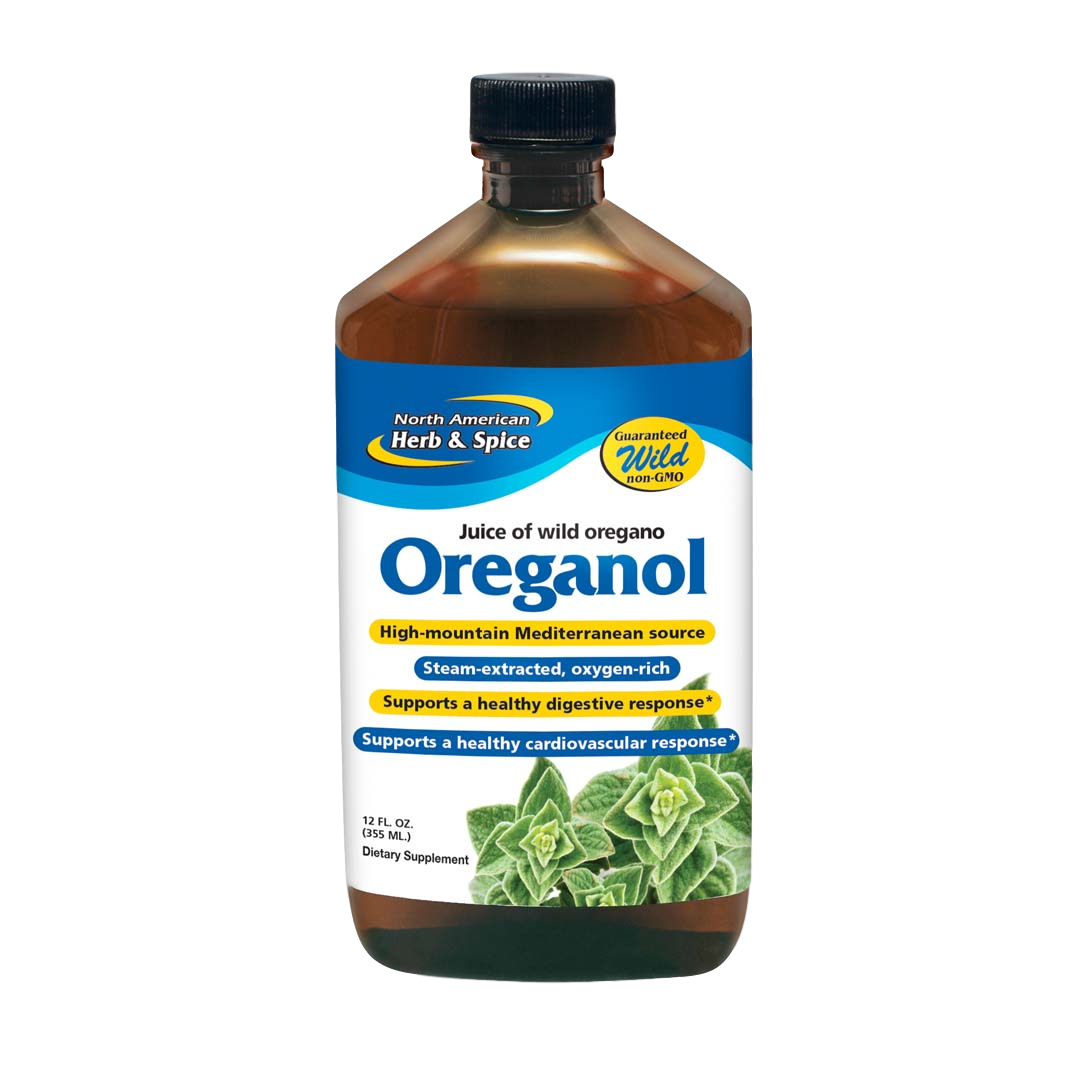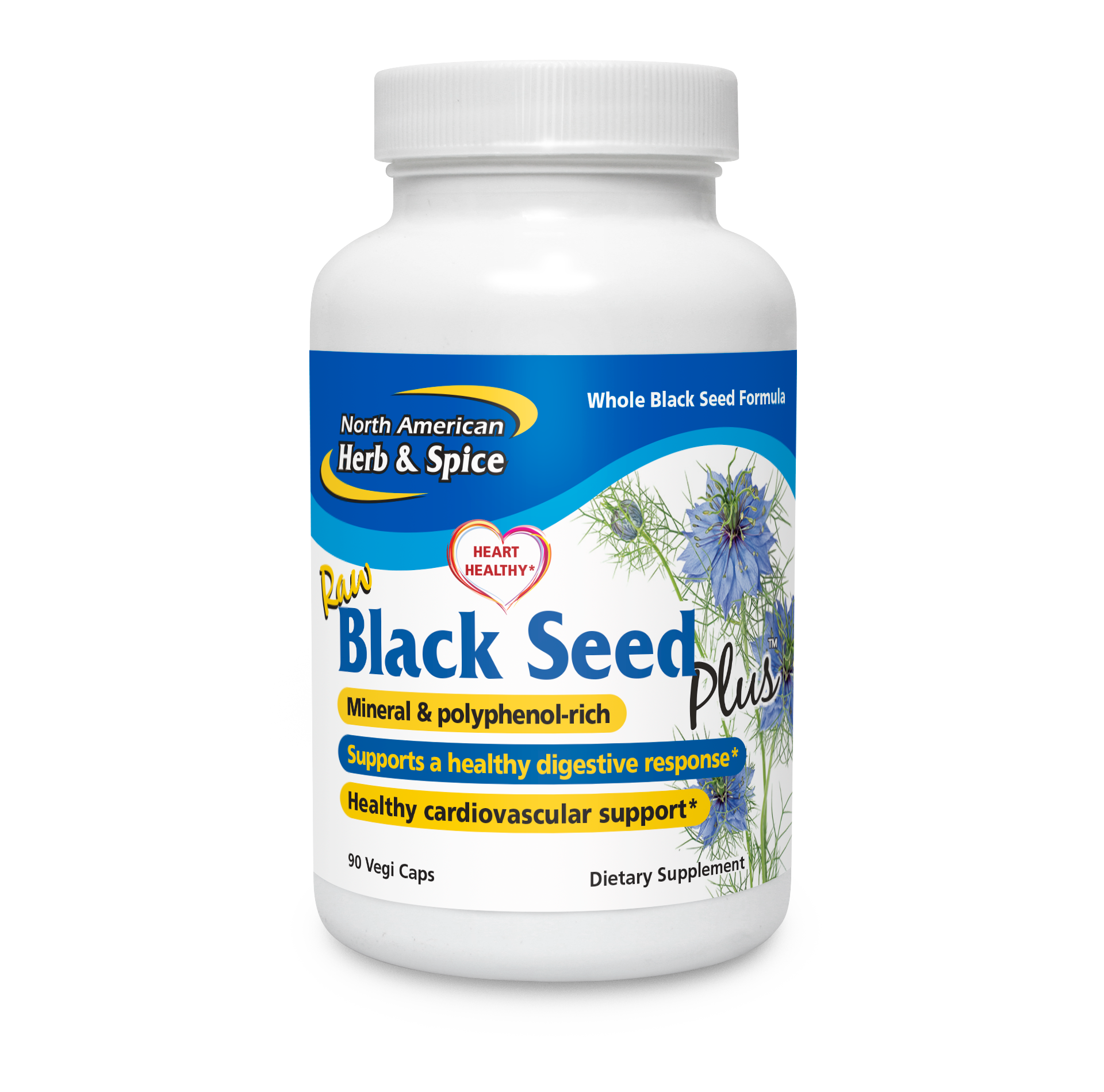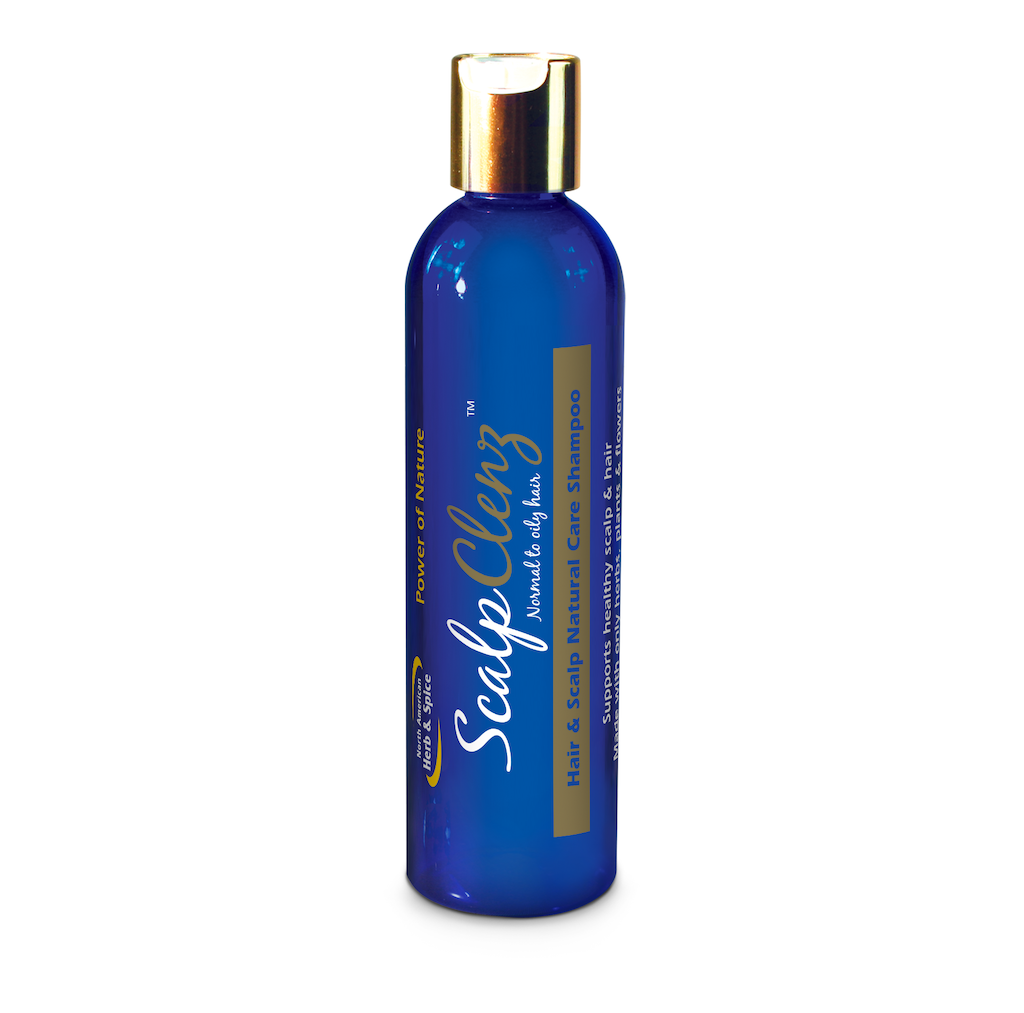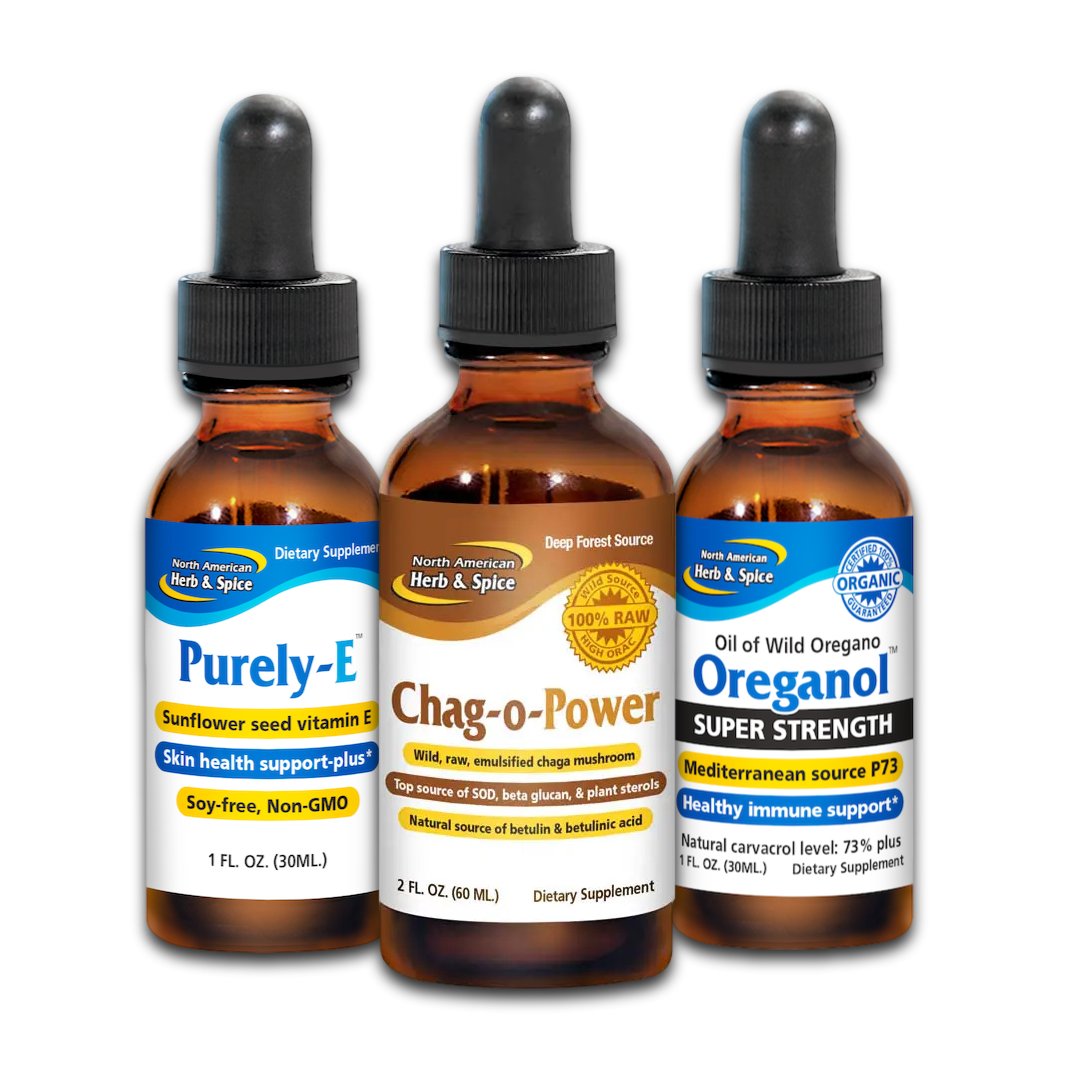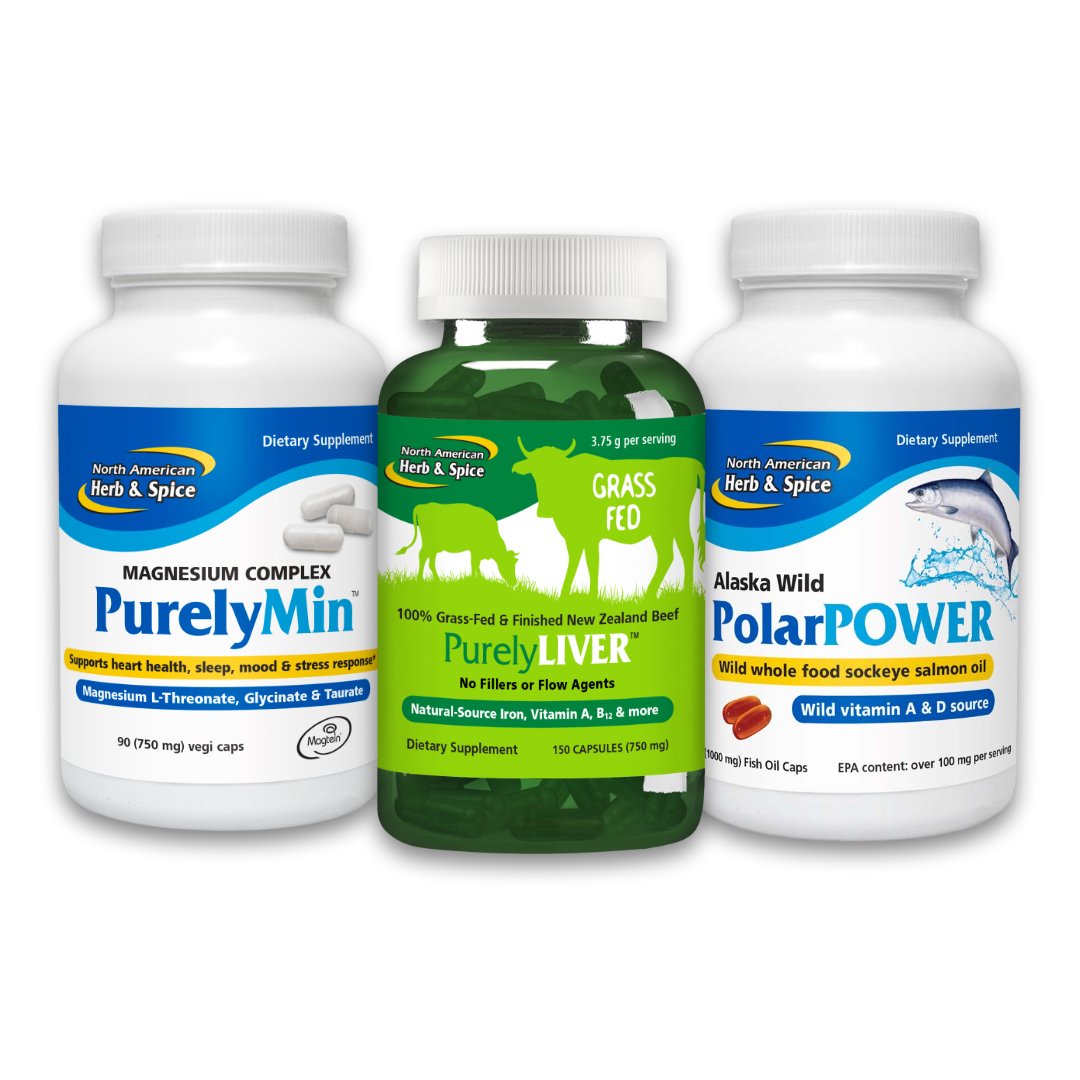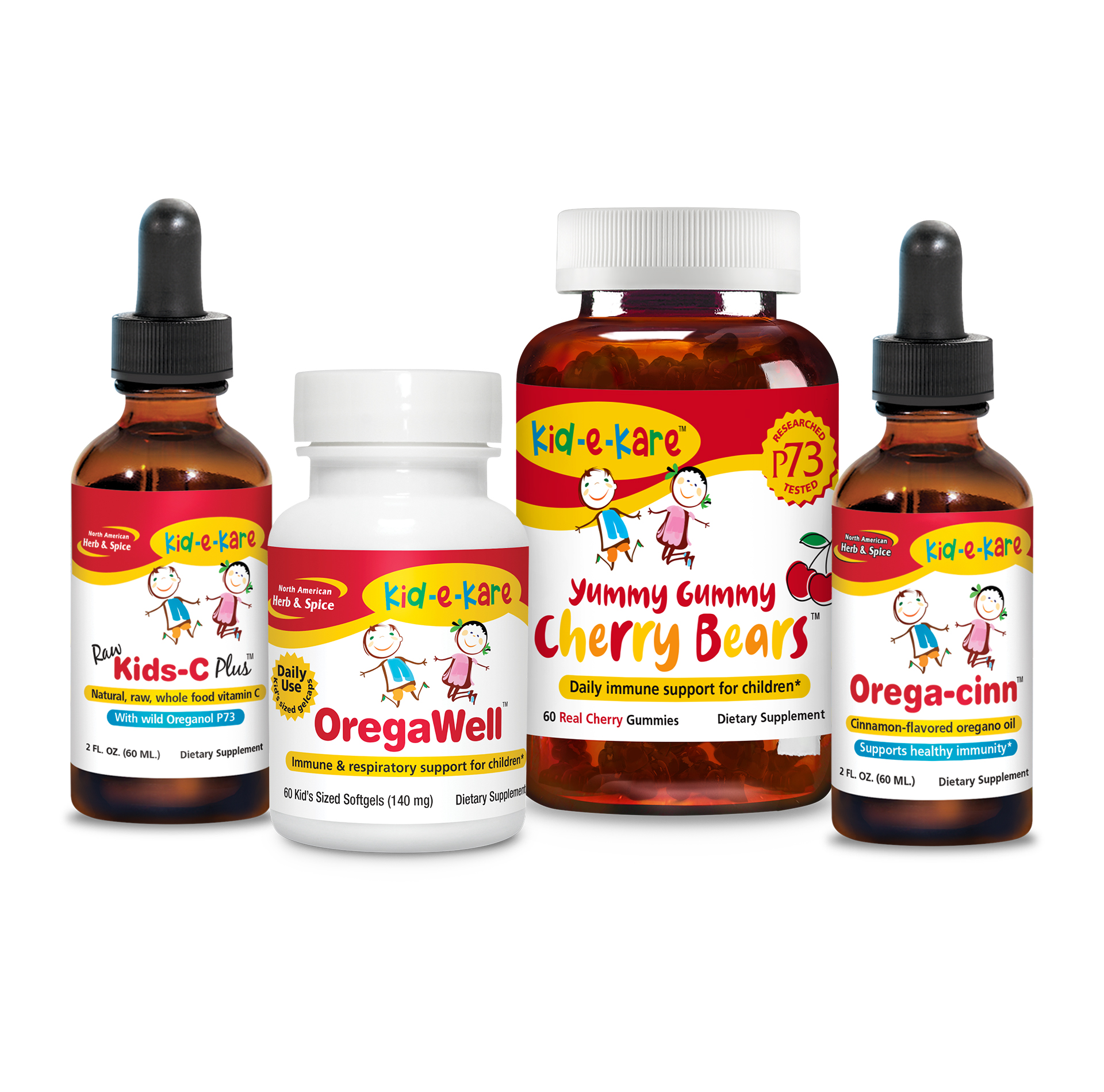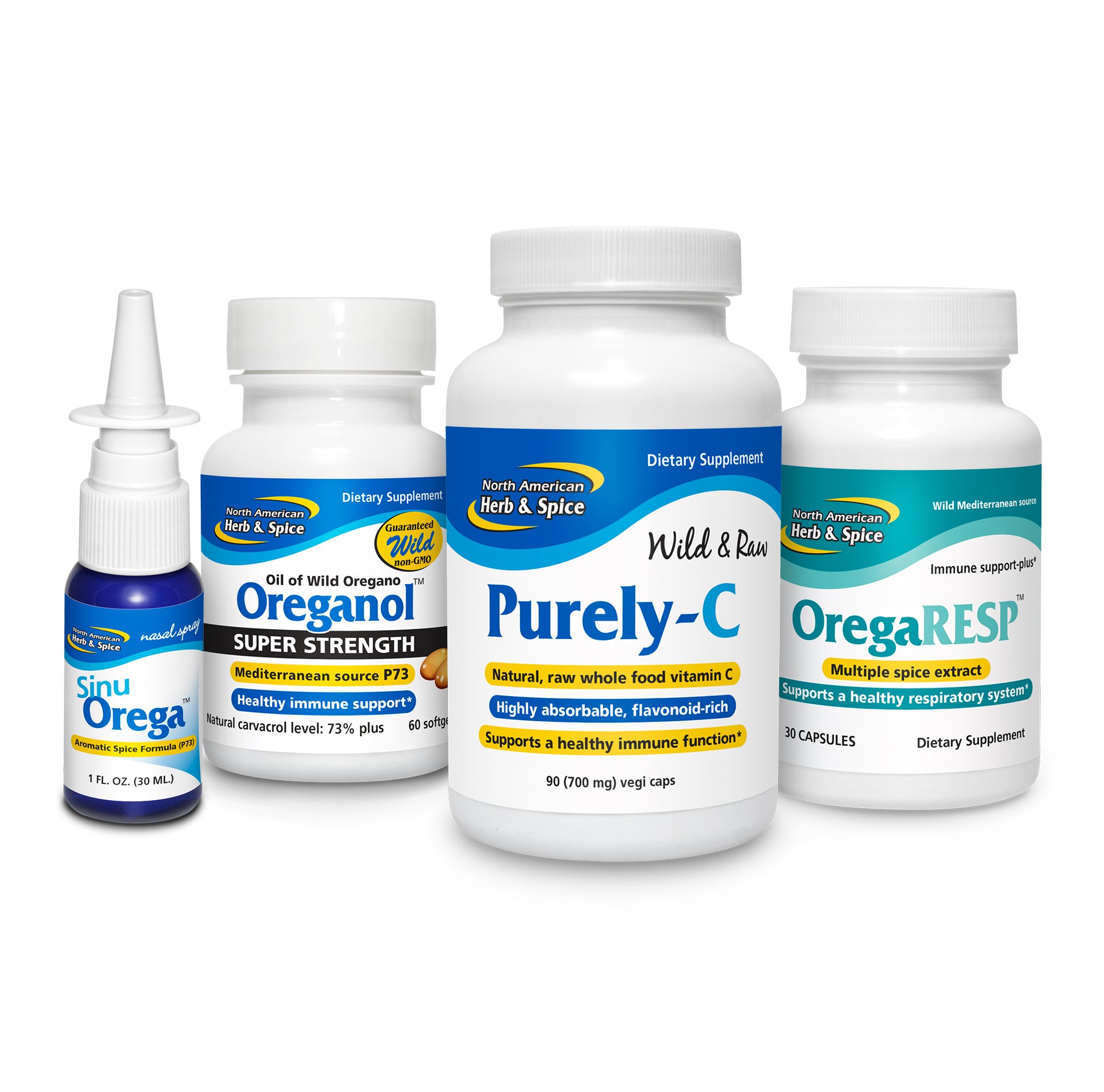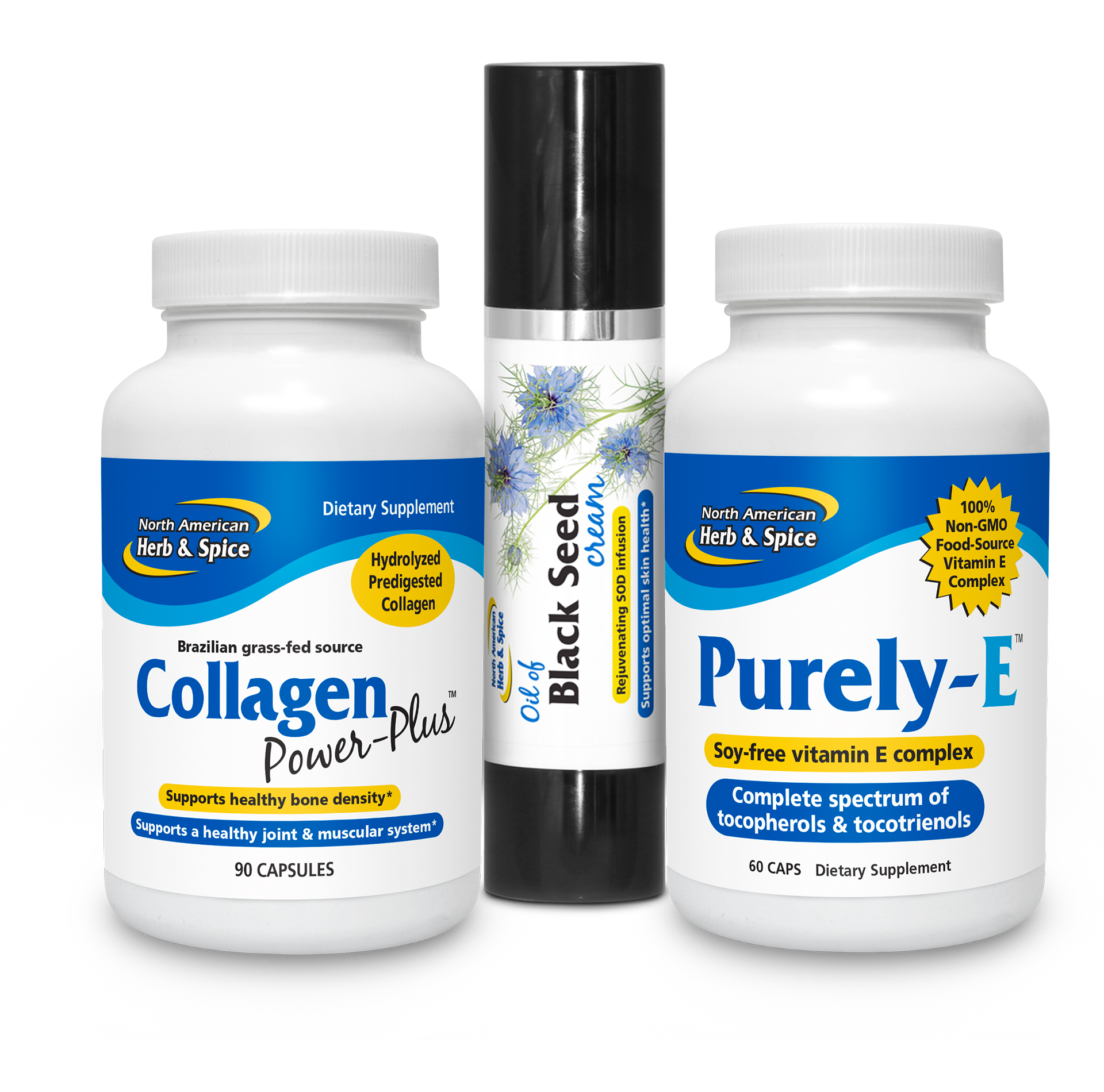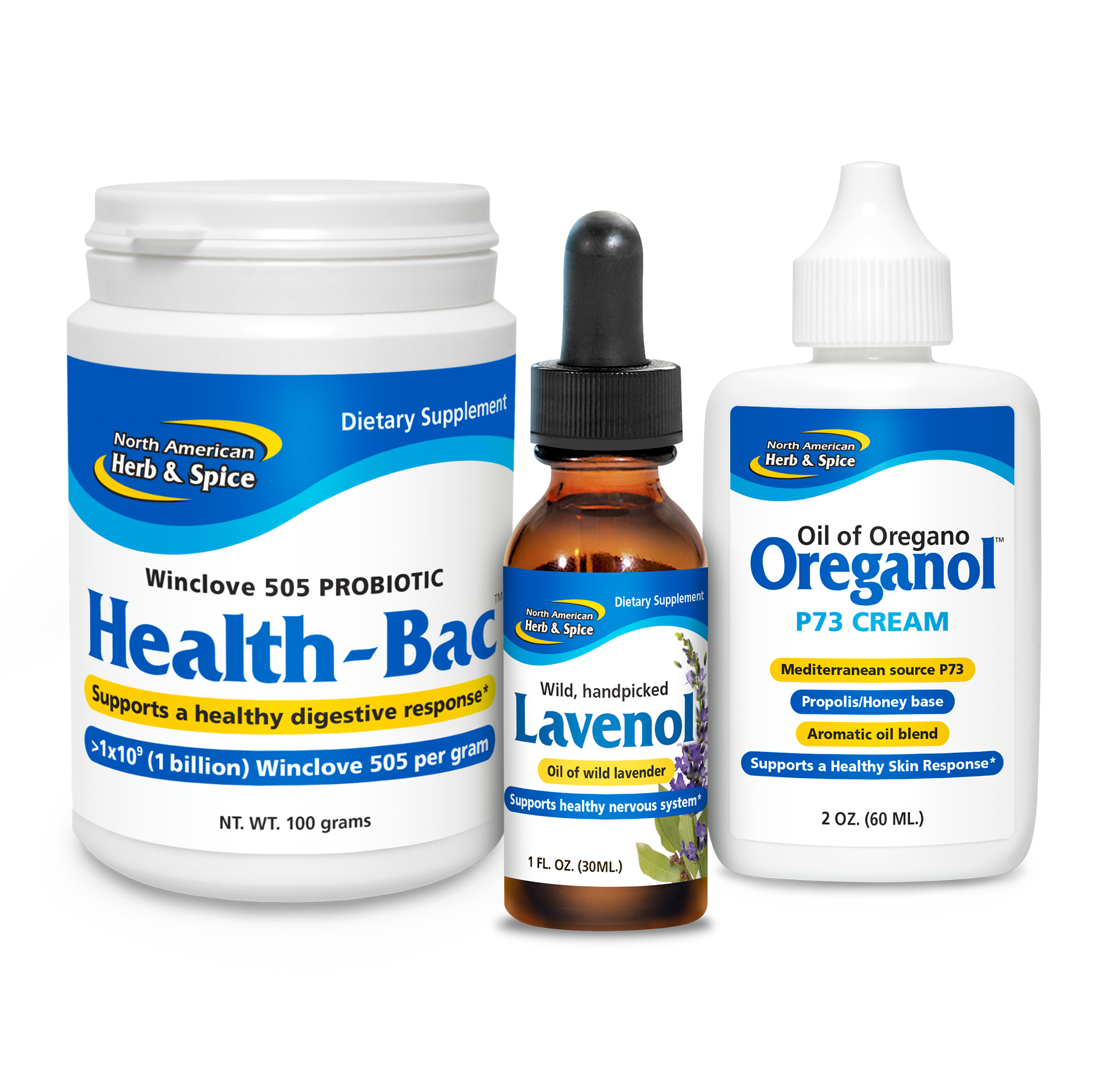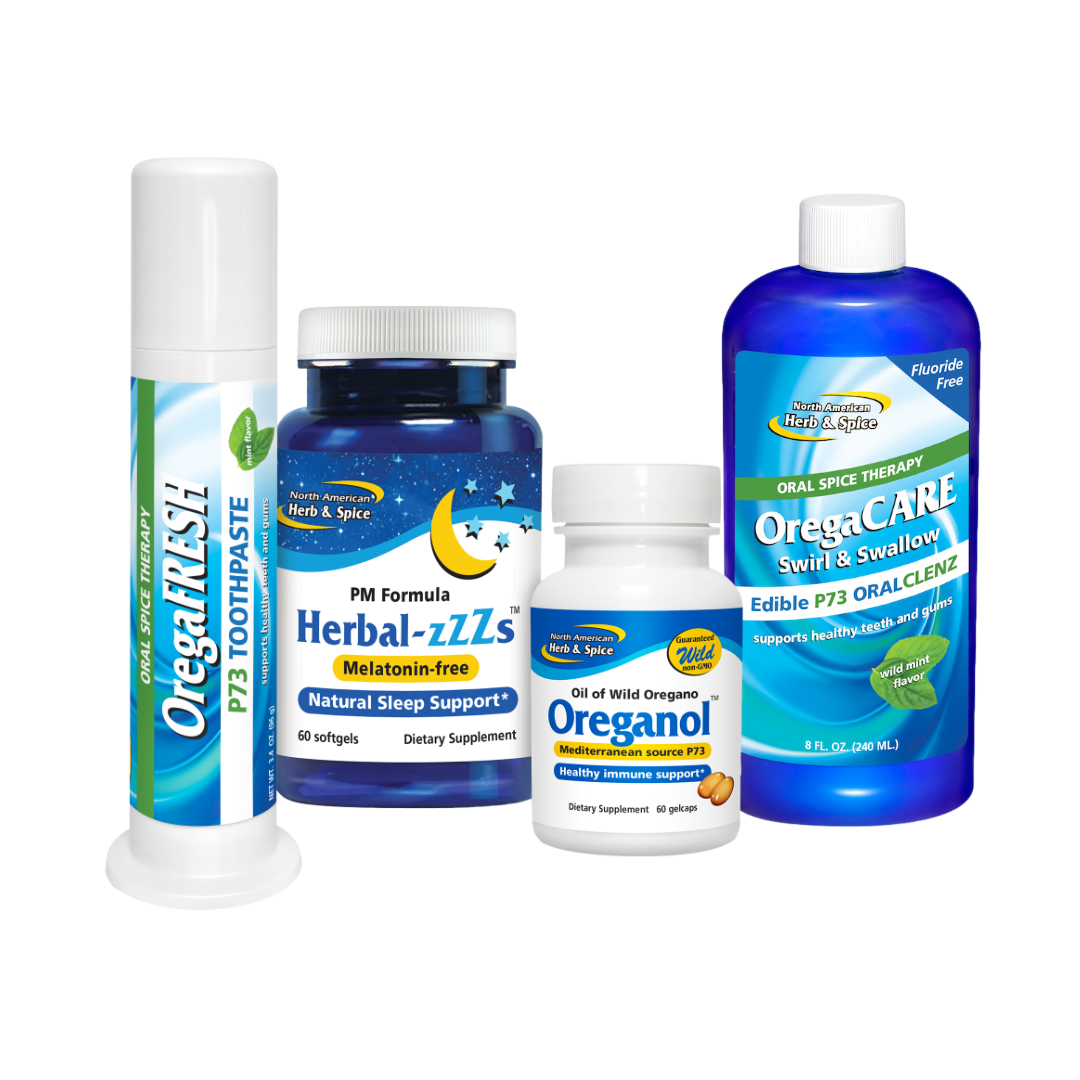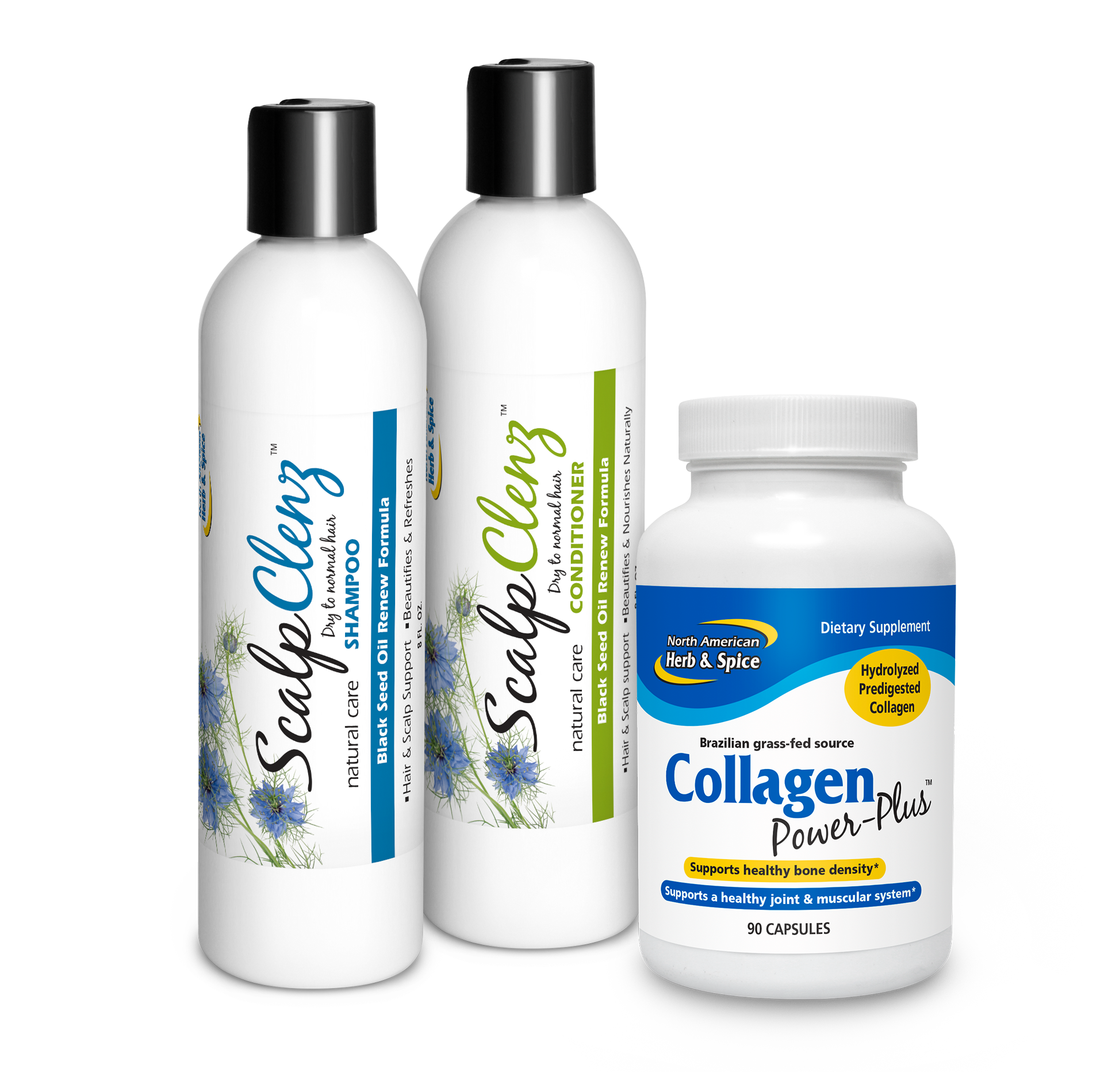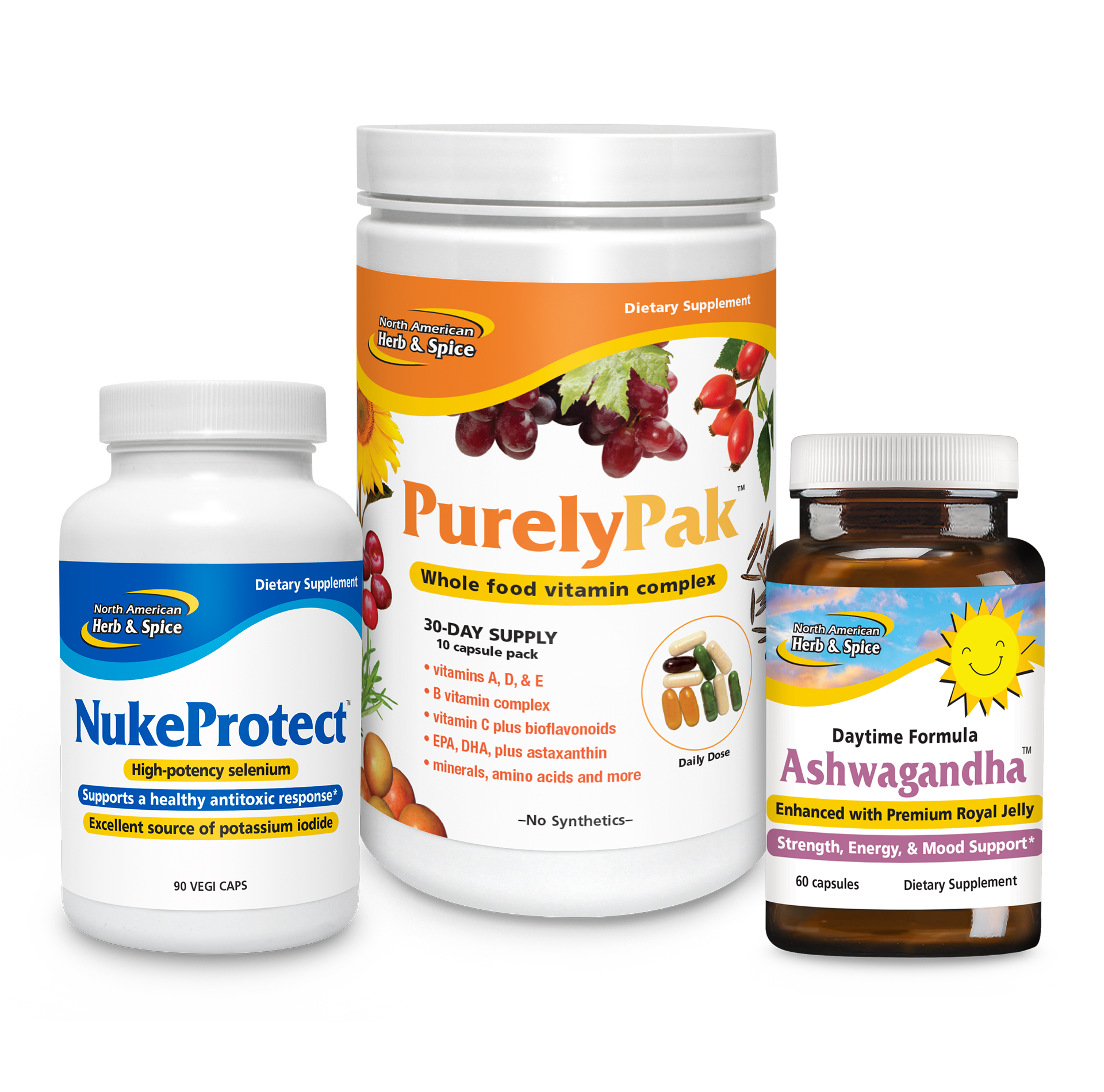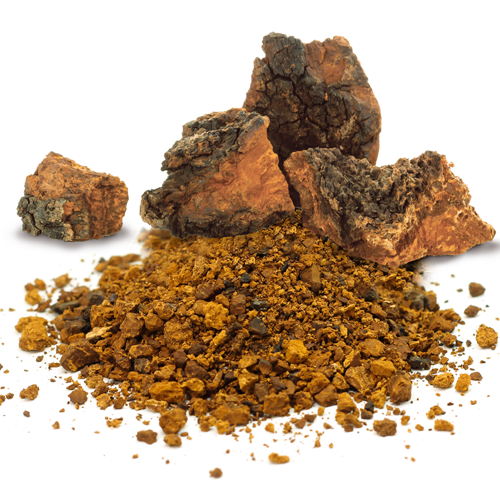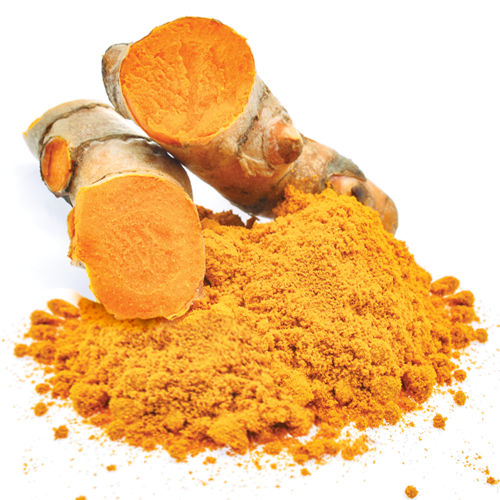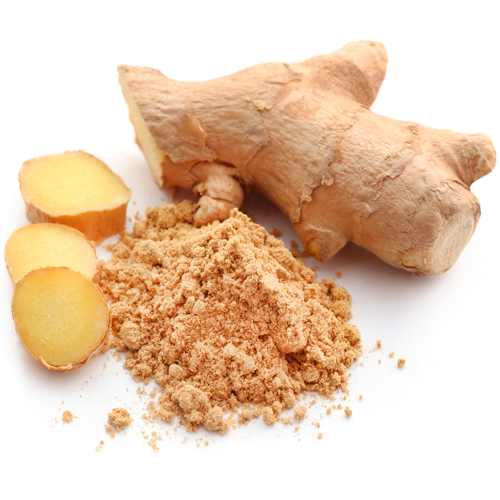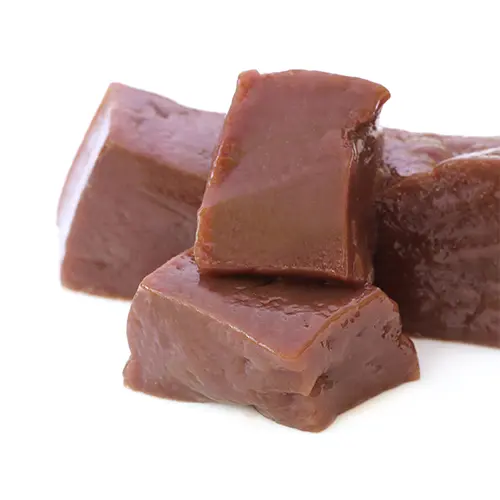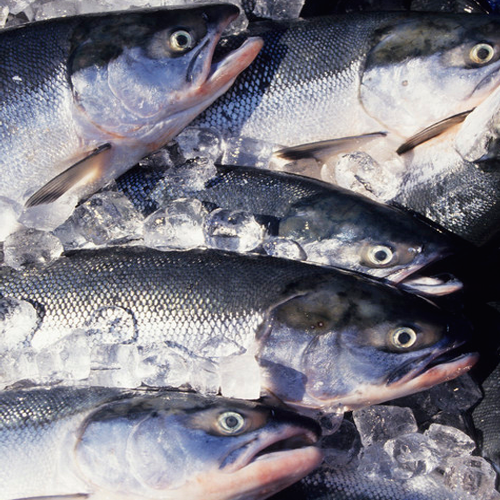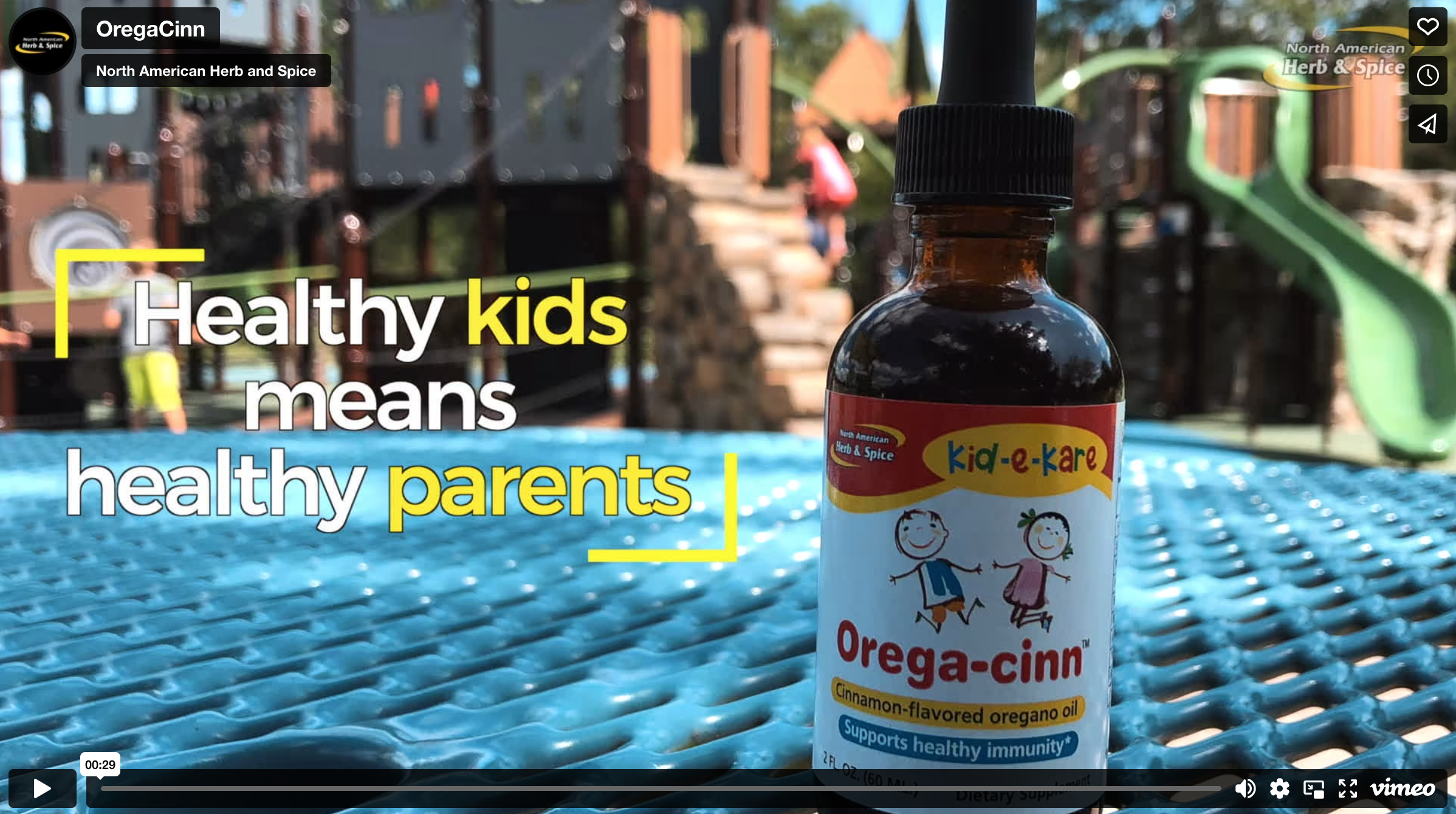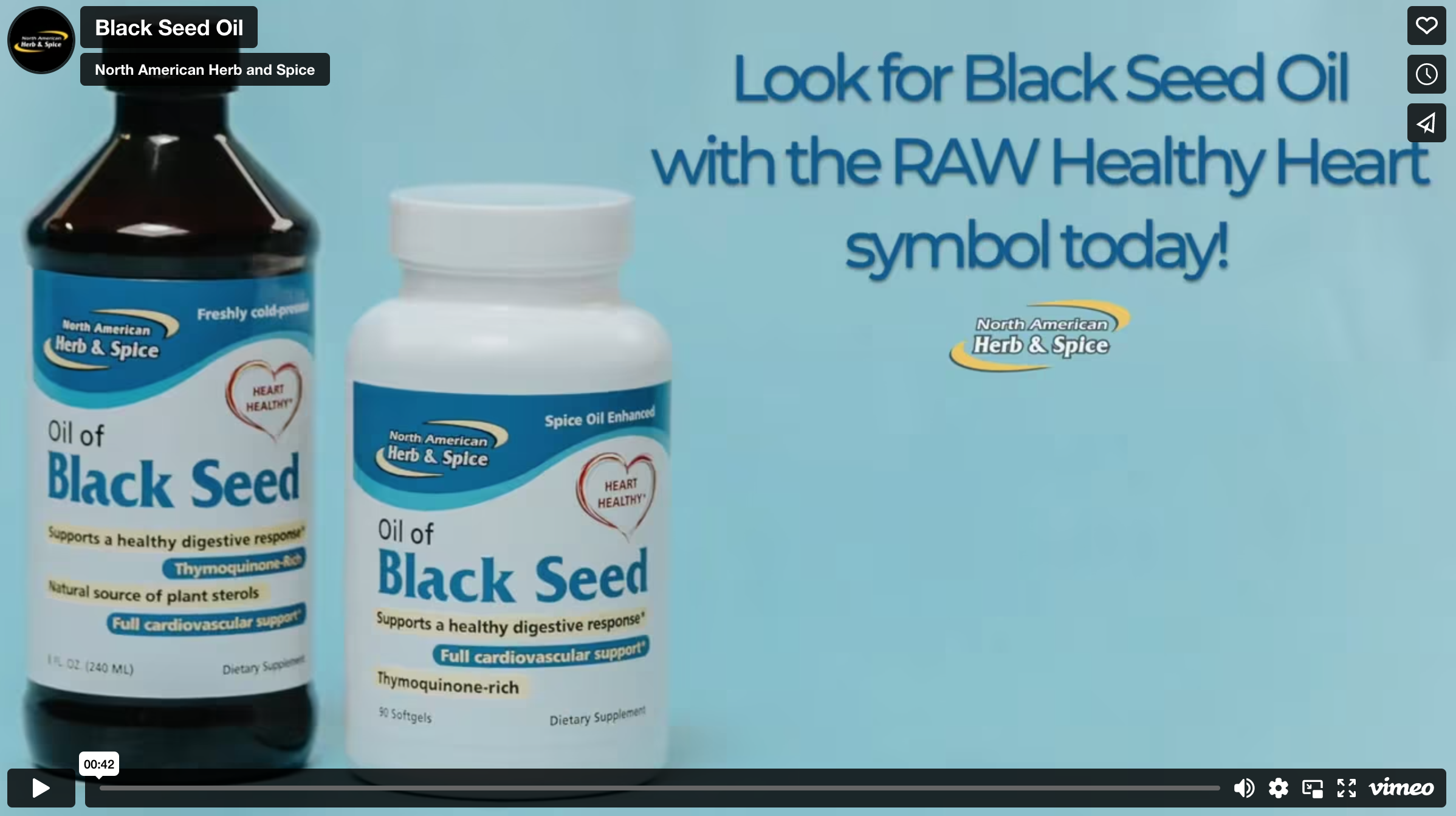
There are major differences between the novel, unique hemp stalk extract, known as Hempanol, and standard CBD oil. The stalk extract is exclusively produced through supercritical CO2 extraction. This is a cold-processing method, where heat is never applied. This is crucial, since heat of any kind damages the delicate, highly therapeutic hemp-based molecules. This is particularly true of the cannabinoids, which are greatly corrupted by the application of heat. The same is true of those novel hemp-based substances, known as terpenes, which are actually driven off, that is lost, from heat applications.
Even so, not all CO2 extracts are the same. A number of them involve the use of high temperatures after the initial cold extraction. High temperature, plus pressure, are used to concentrate the cannabinoids, particularly CBD, the resulting product then being sold for exorbitant prices, some of which is “standardized” to specific cannabinoid levels. Only Hempanol offers a truly cold-pressed, supercritical CO2 extract where no manipulation, and no heat, is applied. Furthermore, with Hempanol because of the lack of heat treatment the full compliment of terpenes remain, including the highly invaluable terpinoid substance, Beta-caryophyllene, along with limonene, linalool, and pinene.
There is also the issue of standardization, where the chemical profile is vigorously manipulated. This is in order to increase the amount of CBD or cannabidiol in the end-product.
Let us look at the advantages of the whole, unprocessed crude: the cold, raw extract versus heat-treated CBD oil:
Whole, crude, cold CO2 extracted hemp oil (Hempanol)
● Never solvent extracted
● 100% raw and unheated
● Enzymes intact
● Full terpene profile
● Full profile of the highly potent, novel terpenoid cannabinoid, Beta-caryophyllene
● No toxicity
● No side effects of any kind
● Synergistic profile of other cannabionid-rich extracts such as wild oregano P73, hops extract, and extract of chamomile
● No THC risk
CBD oil
● Often solvent extract using, for instance, butane, hexane, alcohol, and/or isopropyl alcohol (rubbing alcohol)
● Nearly always heat-treated
● Enzymes destroyed by heat and solvents
● Minimal or reduced terpene profile
● low profile of Beta-caryophyllene, molecule often extensively damaged by heat and/or solvent extraction
● if containing solvent residues, particularly residues of butane and hexane, may cause tissue toxicity, including damage to kidneys and liver
● Side effects include drowsiness, apathy, heavy limbs, and a sensation of being “stoned.”
● No synergy: contains only cannabinoids from hemp
● Some CBD oils have high THC contents, which may lead to a modest degree of hallucinations and also the sensation of being “stoned.”
There are major differences between the novel, unique hemp stalk extract, known as Hempanol, and standard CBD oil. The stalk extract is exclusively produced through supercritical CO2 extraction. This is a cold-processing method, where heat is never applied. This is crucial, since heat of any kind damages the delicate, highly therapeutic hemp-based molecules. This is particularly true of the cannabinoids, which are greatly corrupted ...
